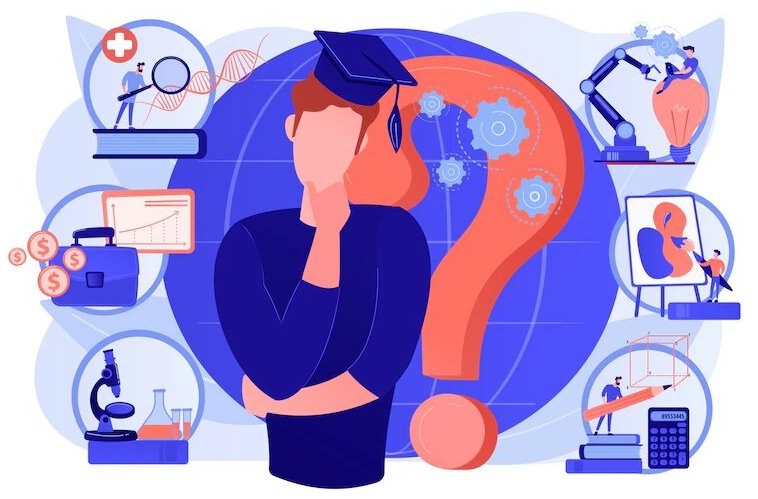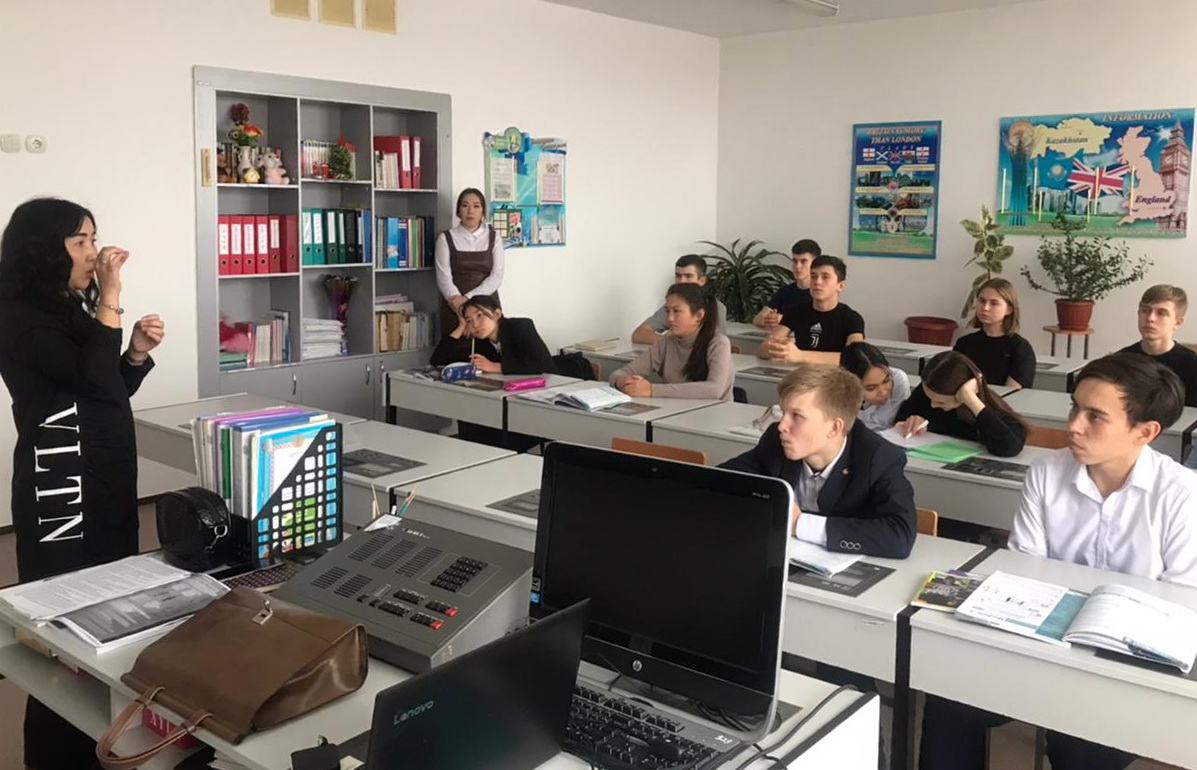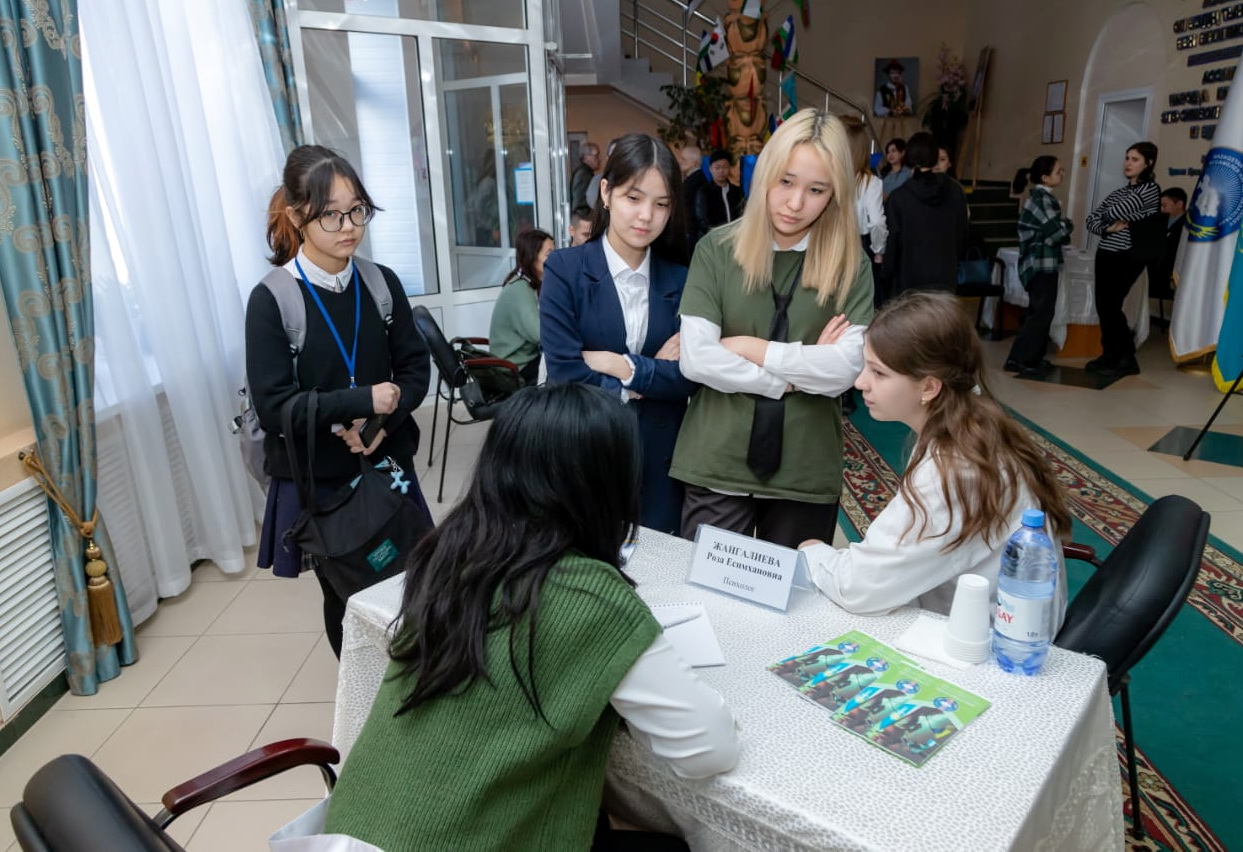 In Kazakhstan more than 200 thousand young specialists enter the labour market every year, but only 2/3 of them find a job. One of the problems is the improper career guidance of school leavers, among others.
In Kazakhstan more than 200 thousand young specialists enter the labour market every year, but only 2/3 of them find a job. One of the problems is the improper career guidance of school leavers, among others.
Today, the question of choosing a career is a very topical one. It is relevant primarily because the labour market does not tolerate a lot of wiggle room. It likes to hit the bull's-eye. It is therefore necessary to choose a profession according to one's abilities, which is in demand in the society in which we live.
In a face-to-face conversation with graduates, there is an opportunity to present our university and answer current questions from high school students. At the same time, we talk about typical mistakes students may make when choosing a career, such as
- Choosing a profession "for the company".
- Choosing a prestigious profession.
- Identification of the subject with the profession.
- Identifying the profession with a specific person you like.
- A mismatch between health and working conditions in the chosen profession.
- Outdated ideas about the nature of work and the possibilities of the profession.
- An inability to understand oneself, one's aptitudes, abilities and motives.
- Choosing a career under parental pressure.
In order to make a realistic decision about career choice, the following factors must be analysed:
- The first factor is "I want". Help the young person to assess their interests and aptitudes, find out which professions they like and whether they have an idea of what they would like to do every day.
- The second factor is "I can". Introduce young people to the requirements of their chosen profession. Help them to identify their abilities and skills, the knowledge and skills acquired at school, and how they can be applied to their chosen profession.
- The third factor is "Need". Find out whether the profession you choose will be in demand on the labour market and where you can get vocational training in your chosen specialty.
- Identify several alternative occupational choices.
- Assess with your teenager the advantages and disadvantages of each option.
- Explore the chances of him succeeding in each choice and calculate the consequences of each option.
- Think together with your child about alternatives in case the main plan is difficult to implement.
The Centre for Practical Psychology, together with professors from the Department of Psychology, holds online and offline meetings with final-year students from both city and district schools.




